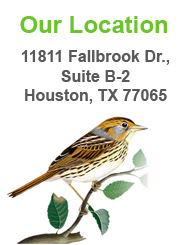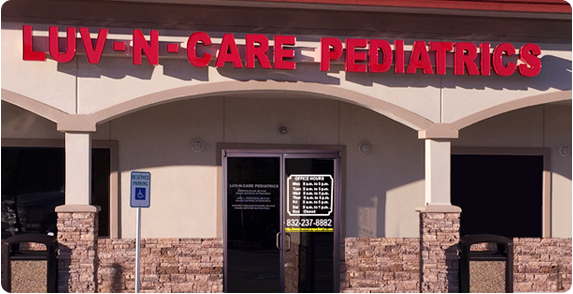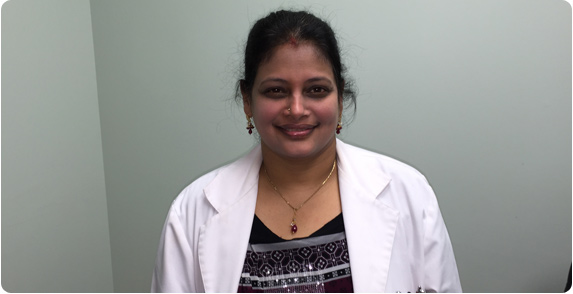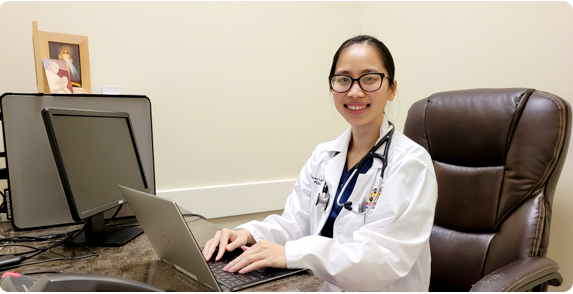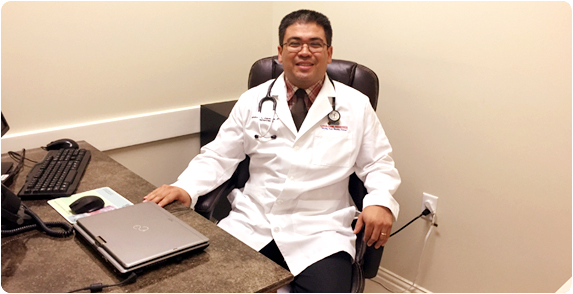|
|
|
Febrile Seizures |
What are febrile seizures?
Febrile seizures are convulsions brought on by a fever in infants or small children. During a febrile seizure, a child often loses consciousness and shakes, moving limbs on both sides of the body. Less commonly, the child becomes rigid or has twitches in only a portion of the body, such as an arm or a leg, or on the right or the left side only. Most febrile seizures last a minute or two, although some can be as brief as a few seconds while others last for more than 15 minutes.
The majority of children with febrile seizures have rectal temperatures greater than 102 degrees F. Most febrile seizures occur during the first day of a child's fever. Children prone to febrile seizures are not considered to have epilepsy, since epilepsy is characterized by recurrent seizures that are not triggered by fever.
How common are febrile seizures?
Approximately one in every 25 children will have at least one febrile seizure, and more than one-third of these children will have additional febrile seizures before they outgrow the tendency to have them. Febrile seizures usually occur in children between the ages of 6 months and 5 years and are particularly common in toddlers. Children rarely develop their first febrile seizure before the age of 6 months or after 3 years of age. The older a child is when the first febrile seizure occurs, the less likely that child is to have more.
What makes a child prone to recurrent febrile seizures?
A few factors appear to boost a child's risk of having recurrent febrile seizures, including young age (less than 15 months) during the first seizure, frequent fevers, and having immediate family members with a history of febrile seizures. If the seizure occurs soon after a fever has begun or when the temperature is relatively low, the risk of recurrence is higher. A long initial febrile seizure does not substantially boost the risk of recurrent febrile seizures, either brief or long.
Are febrile seizures harmful?
Although they can be frightening to parents, the vast majority of febrile seizures are harmless. During a seizure, there is a small chance that the child may be injured by falling or may choke from food or saliva in the mouth. Using proper first aid for seizures can help avoid these hazards (see section entitled "What should be done for a child having a febrile seizure?").
There is no evidence that febrile seizures cause brain damage. Large studies have found that children with febrile seizures have normal school achievement and perform as well on intellectual tests as their siblings who don't have seizures. Even in the rare instances of very prolonged seizures (more than 1 hour), most children recover completely.
Between 95 and 98 percent of children who have experienced febrile seizures do not go on to develop epilepsy. However, although the absolute risk remains very small, certain children who have febrile seizures face an increased risk of developing epilepsy. These children include those who have febrile seizures that are lengthy, that affect only part of the body, or that recur within 24 hours, and children with cerebral palsy, delayed development, or other neurological abnormalities. Among children who don't have any of these risk factors, only one in 100 develops epilepsy after a febrile seizure.
What should be done for a child having a febrile seizure?
Parents and caregivers should stay calm and carefully observe the child. To prevent accidental injury, the child should be placed on a protected surface such as the floor or ground. The child should not be held or restrained during a convulsion. To prevent choking, the child should be placed on his or her side or stomach. When possible, the parent should gently remove all objects in the child's mouth. The parent should never place anything in the child's mouth during a convulsion. Objects placed in the mouth can be broken and obstruct the child's airway.
If the seizure lasts longer than 10 minutes, the child should be taken immediately to the nearest medical facility. Once the seizure has ended, the child should be taken to his or her doctor to check for the source of the fever. This is especially urgent if the child shows symptoms of stiff neck, extreme lethargy, or abundant vomiting.
How are febrile seizures diagnosed and treated?
Before diagnosing febrile seizures in infants and children, doctors sometimes perform tests to be sure that seizures are not caused by something other than simply the fever itself. For example, if a doctor suspects the child has meningitis (an infection of the membranes surrounding the brain), a spinal tap may be needed to check for signs of the infection in the cerebrospinal fluid (fluid that bathes the brain and spinal cord). If there has been severe diarrhea or vomiting, dehydration could be responsible for seizures. Also, doctors often perform other tests such as examining the blood and urine to pinpoint the cause of the child's fever.
A child who has a febrile seizure usually doesn't need to be hospitalized. If the seizure is prolonged or is accompanied by a serious infection, or if the source of the infection cannot be determined, a doctor may recommend that the child be hospitalized for observation. |
|
|
|



